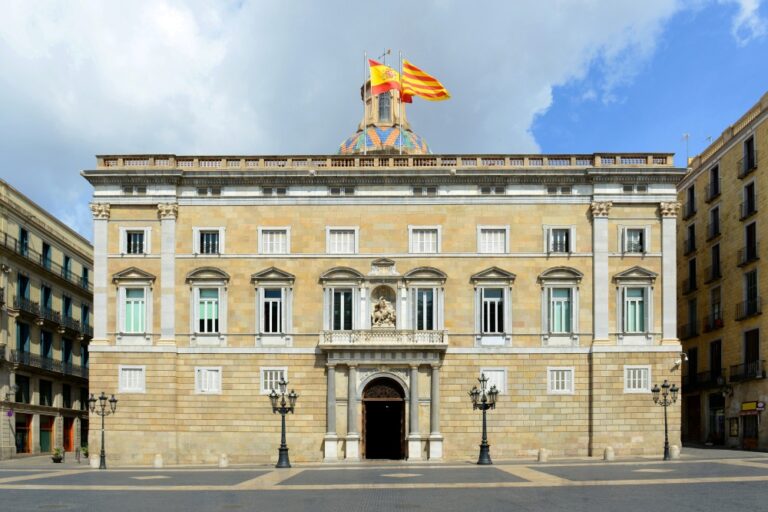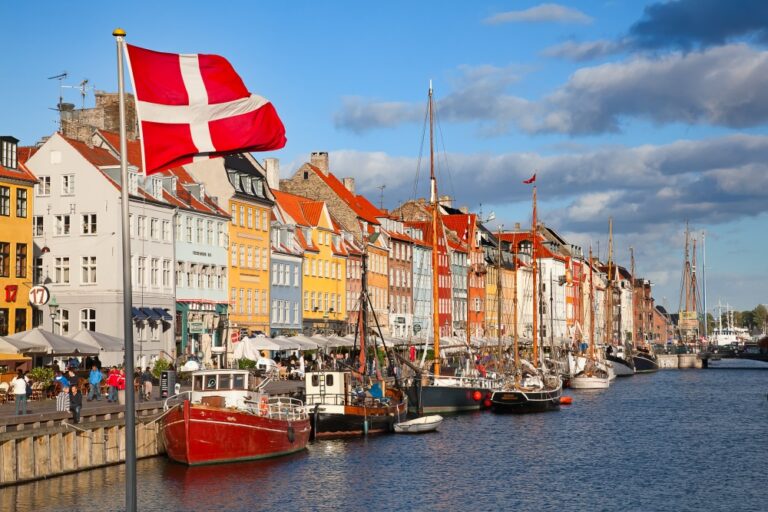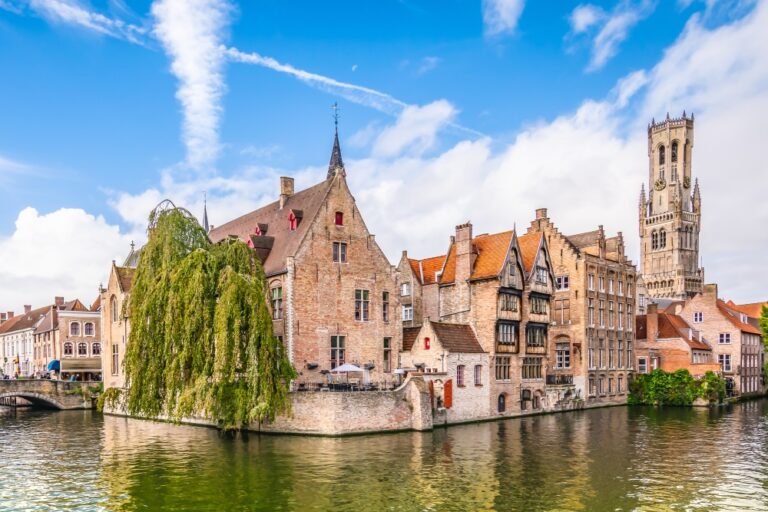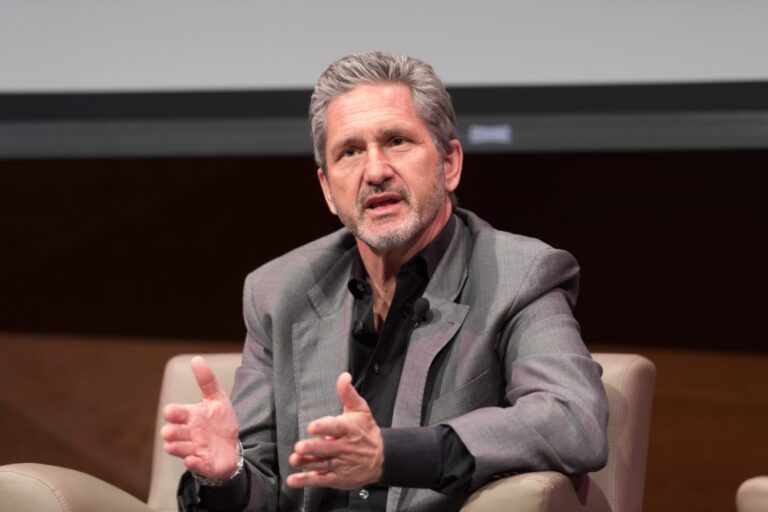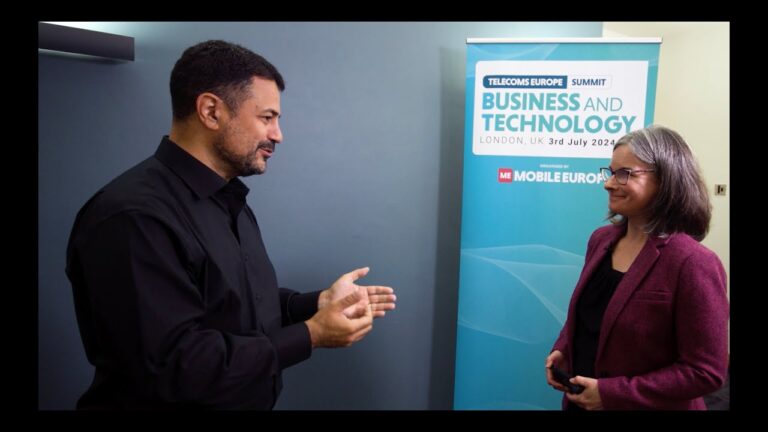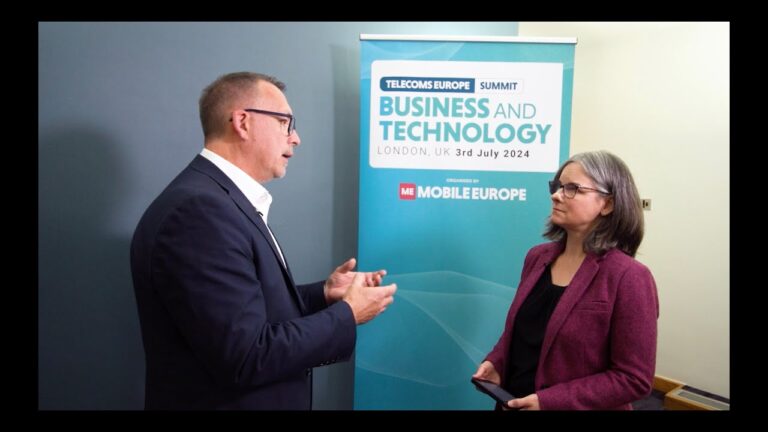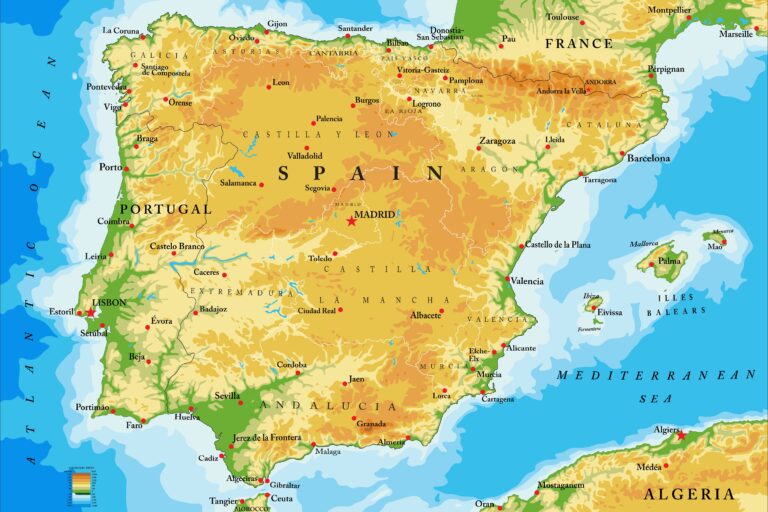The performance in certain segments, particularly VMO2 and Telenet, reveals challenges that need to be addressed, including customer retention and revenue stabilisation
Liberty Global reported a robust consolidated cash balance of $3.5 billion in Q2, bolstered by $420 million from the sale of its stake in All3Media, while delivering strong operational performance in the Netherlands and growing infrastructure investments across Europe. However, these positives were tempered by notable declines in key markets such as VMO2 and Telenet, where revenue shortfalls and customer base declines underscored problems it will need to address. As the telco makes progress with strategic initiatives like the Sunrise spin-off and network sharing agreements, the mixed results showed how much more work needs to be done in the UK and Belgium.
In terms of financials, Liberty Global’s Q2 revenue increased 1.4% YoY on a reported basis and 2.2% on a rebased basis to $1,873.7 million while net earnings (loss) increased 153.8% YoY on a reported basis to $275.2 million. Q2 Adjusted EBITDA increased 0.5% YoY on a reported basis and 1.0% on a rebased basis to $604.7 million. Adjusted EBITDA Growth in Several Segments: Adjusted EBITDA increased in several segments, notably in the Netherlands and at VodafoneZiggo.
Liberty confirmed the spin-off of Swiss telco Sunrise is on track for Q4 2024. That telco’s management team will host a Capital Markets Day in Zurich on 9 September. Sunrise showed strong broadband net additions and an increase in postpaid mobile net adds in Q2, which is encouraging for its future as an independent entity. Meanwhile, Liberty Global made good progress on fibre deployments in the UK, Belgium and Ireland, along with strategic network sharing agreements with Vodafone in the UK and Proximus in Belgium.
However, the telco updated the revenue guidance for VMO2 to reflect a “low to mid-single-digit decline” due to lower handset sales. Telenet also experienced a decrease in revenue driven by a drop in B2B wholesale and mobile revenue. In addition, VMO2’s fixed customer base declined by 13,600, and its postpaid mobile base saw a significant decline of 118,400.
Meanwhile, Telenet’s performance was impacted by a tough comparison to the previous year, with declines in both postpaid mobile and broadband bases. Revenue and Adjusted EBITDA also decreased. Telenet also saw a notable decrease in Adjusted EBITDA, driven by higher staff-related expenses and increased sales and marketing expenses. In the Netherlands, VodafoneZiggo’s broadband base contracted by 22,600, driven by a decline in the consumer segment. Despite the growth in mobile and B2B fixed revenue, the loss in the B2C fixed customer base will be management.
Value over volume
“Against a highly competitive backdrop in the UK our strategy of focusing on value over volume, as well as successful implementation of the price rise, supported a recovery in fixed ARPU,” said Liberty Global CEO Mike Fries. “In Switzerland, we’re continuing to build operating momentum in both the main brand and flanker brands, supporting continued growth in broadband net adds and strong growth in mobile postpaid.”
“We delivered a standout performance in the Netherlands during the quarter, supported by the fixed price rise and solid growth in mobile and B2B,” he said. “In Belgium, as anticipated, a tough comp from the prior year did impact financial performance, but we continue to drive strong fixed ARPU growth, and we’re seeing good trading performance following the launch of our BASE FMC offering nationwide.”
Fries confirmed all 2024 guidance metrics, except VMO2’s revenue. He said this moved from ‘stable to decline’ to ‘low to mid-single-digit decline’. He added that this reflected the continued pressure on low-margin mobile hardware revenues.
Swiss progress
During Q2, Sunrise delivered a second consecutive quarter of broadband growth, achieving 5,000 net adds, primarily driven by reduced churn on the main brand. In mobile, growth in postpaid accelerated, as Sunrise delivered 32,900 postpaid net adds, supported by an improved main brand performance and reduced churn. FMC penetration across the Sunrise broadband base continues to grow steadily, reaching 59% in Q2, an increase of 0.9% YoY. Revenue of $815.8 million in Q2 2024 was flat YoY on a reported basis and increased 0.5% on a rebased basis.
Tough for Telenet
During Q2, Telenet’s postpaid mobile base declined by 500 while its broadband base declined by 4,800. Despite the “intensely competitive market environment”, the sequential improvement was driven by successful marketing campaigns and the launch of BASE Internet and BASE TV in early June. Following the launch of the fixed BASE product in Wallonia and in the Flemish and Brussels footprint, BASE is now a nationwide FMC brand. Earlier today, Telenet announced the signing of a MoU for collaboration on the further deployment of fibre networks in Flanders.
Revenue of $755.1 million in Q2 2024 decreased 1.6% YoY on a reported basis and 0.9% on a rebased basis. The rebased decrease was primarily driven by a decrease in B2B wholesale revenue following the loss of the Voo MVNO contract and a decrease in mobile revenue driven by lower interconnect revenue and handset sales, partially offset by the benefit of the June 2023 price rise.
VMO2 finds it tougher
VMO2’s fixed customer base declined by 13,600 in Q2. Customer growth in the nexfibre footprint continues to build steadily and is expected to rise as marketing increases, however, this was offset by a “moderate loss” on the VMO2 footprint during the quarter when price rises were implemented. Having stabilised in recent quarters, fixed ARPU returned to growth in Q2, growing by 3.1% YoY.
In mobile, the postpaid base declined by 118,400 in Q2. Reflective of wider market trends, activity in the premium end of the market remained lower than the prior year, impacting gross additions, while churn remained stable. VMO2’s full fibre footprint reached the milestone of 5 million premises at the end of Q2. The telco’s fibre build pace increased by 68% YoY, as the total serviceable footprint grew by 295,300 homes in Q2, principally through build on behalf of nexfibre. On the mobile side VMO2 and Vodafone announced a new, long-term network sharing agreement.
Revenue in Q2 2024 was £2,673.7 million, down 0.5% from last year. This drop was mainly because VMO2 sold fewer mobile phones, which affected its overall sales. While they did make more money from their new construction projects and raised prices for home internet services, this wasn’t enough to offset the decline. Additionally, there was a drop in revenue from business-to-business fixed services.
Netherlands solid
During Q2, VodafoneZiggo’s mobile postpaid net adds declined by 18,400, driven by B2B government contract losses. The broadband base contracted by 22,600 in the quarter, as a 27,400 decline in Consumer was only partially offset by a 4,800 increase in B2B. Both mobile and fixed ARPU continued to grow in the quarter, supported by the benefit of the price indexation implemented in October. The FMC broadband household penetration remained stable at 48%. In July, VodafoneZiggo successfully acquired 100MHz spectrum license in the 3.5 GHz band.
Revenue from VodafoneZiggo grew by 0.3% from last year to $1,091.6 million in Q2, mainly due to increased sales from mobile services and business fixed-line services. However, this growth was partly offset by a drop in home fixed-line customers. The telco’s operating profit also improved by 7%, helped by lower energy and consulting costs. Additionally, after accounting for expenses on property and equipment, its adjusted profit rose by 15.5%.


